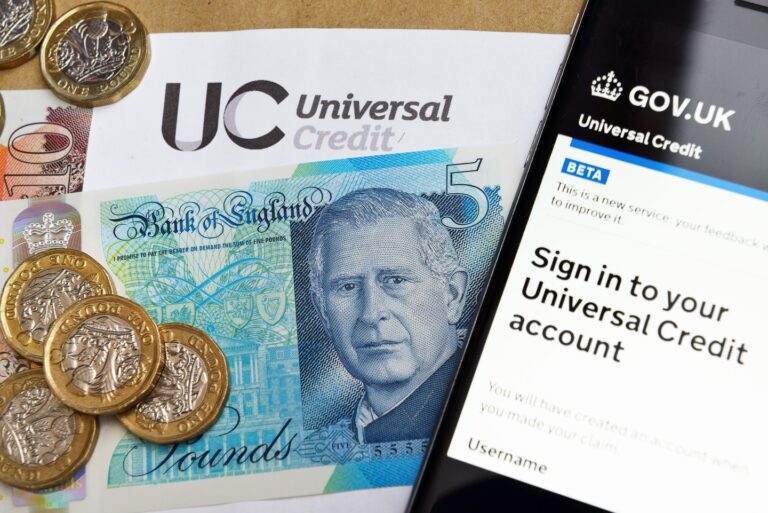
Seeking justice with severe brain injury – litigation friends and legal capacity explained
In the Adult Brain Injury Team at Bolt Burdon Kemp, we handle a range of complex cases where clients have suffered serious brain injuries. Unfortunately, many of our clients are so severely injured they can’t make legal decisions on their own and need a ‘litigation friend’ to represent them in a legal claim. In this blog, I’ll explain how we assess capacity, the role of a litigation friend, and why it’s so important.
What is capacity?
Capacity means the ability to make decisions. If someone over 18 can’t make decisions due to a problem with their mind or brain, they’re considered to lack capacity according to the Mental Capacity Act 2005. The law assumes a person has capacity unless proven otherwise.
How is capacity assessed?
To check capacity, we rely on experts such as neuropsychiatrists. There are four key elements of the capacity test and to have capacity a person must be able to:
- Understand relevant legal information.
- Remember that information.
- Weigh up that information to make decisions.
- Communicate that decision.
If a person doesn’t pass this test, they’re said to lack capacity. In such cases, the expert will complete a formal document, called a COP3 form, for the court.
What if someone doesn’t have capacity?
When someone lacks capacity for legal decisions they’re known as a ‘protected party’ and the court appoints a litigation friend to act on their behalf. This person instructs legal professionals like solicitors and barristers on how they wish them to proceed on behalf of the protected party.
Who can act as a litigation friend?
A litigation friend can be anyone who’s committed to acting fairly and competently in the best interests of the ‘protected party’. It is usually a family member or close friend but if no one is available or prepared to take on the role, the Official Solicitor steps in.
How important is the role of a litigation friend?
The role of a litigation friend in the litigation process is crucial. They must make decisions in the claimant’s best interests, keep them informed and involve them as far as possible, liaise with solicitors to receive advice and give instructions, and cover court-ordered costs.
At the end of the claim, a litigation friend may be able to apply to the court for reimbursement of expenses such as a legal expenses, insurance premium, or interest on a loan to pay for such insurance, but a non-professional litigation friend won’t be paid for their services.
How is a litigation friend appointed?
A litigation friend is normally appointed when legal documents are filed with the court at the start of the claim. The protected party’s solicitor files a ‘Certificate of Suitability’ affirming the claimant’s lack of capacity to litigate. The certificate also confirms the litigation friend’s agreement to act on behalf of the protected party as well as their ability to fairly and competently conduct proceedings.
Can the appointment of a litigation friend be terminated?
Yes, if the protected party regains the ability to litigate or the court finds the litigation friend isn’t acting in their best interests, the appointment can be terminated.
Summary
In short, a litigation friend steps in when a protected party can’t represent themselves in legal proceedings. If someone lacks capacity, a litigation friend is appointed to ensure their interests are protected in those legal proceedings.
Lacking capacity doesn’t prevent someone from seeking justice. Anyone can seek justice from the legal system, regardless of whether they can bring a claim themselves or through a friend, family member or the Official Solicitor acting as their litigation friend.
Our specialist solicitors in the Adult Brain Injury team at Bolt Burdon Kemp, are dedicated to working closely with litigation friends to achieve the best outcomes for our clients. We understand the role is time-consuming and can be emotionally demanding. We will support the litigation friend throughout the claim with clear advice and guidance to help them make the best decisions for their loved one.
If you would like to learn more about the recent successes of BBK’s adult brain injury team, click here.










